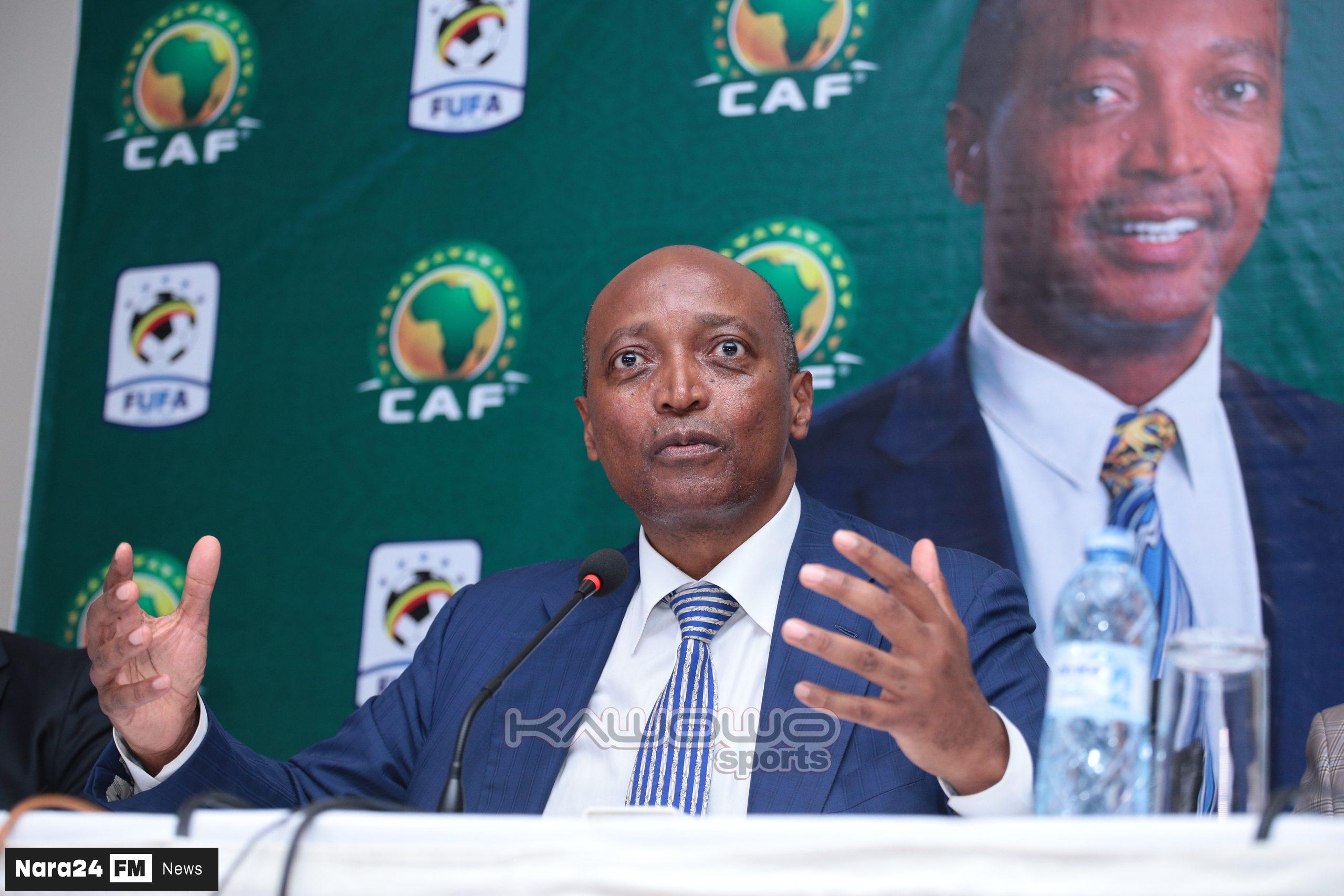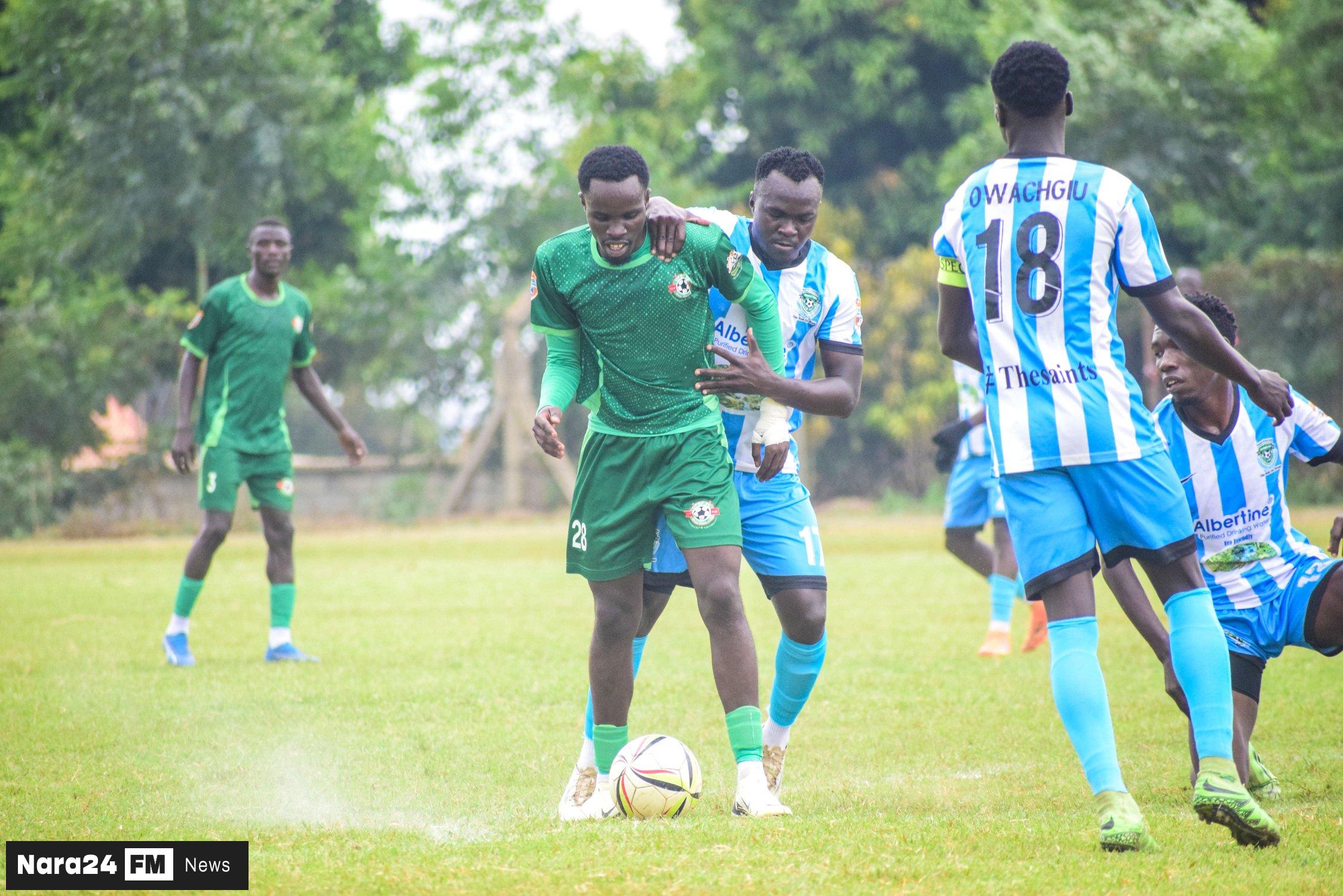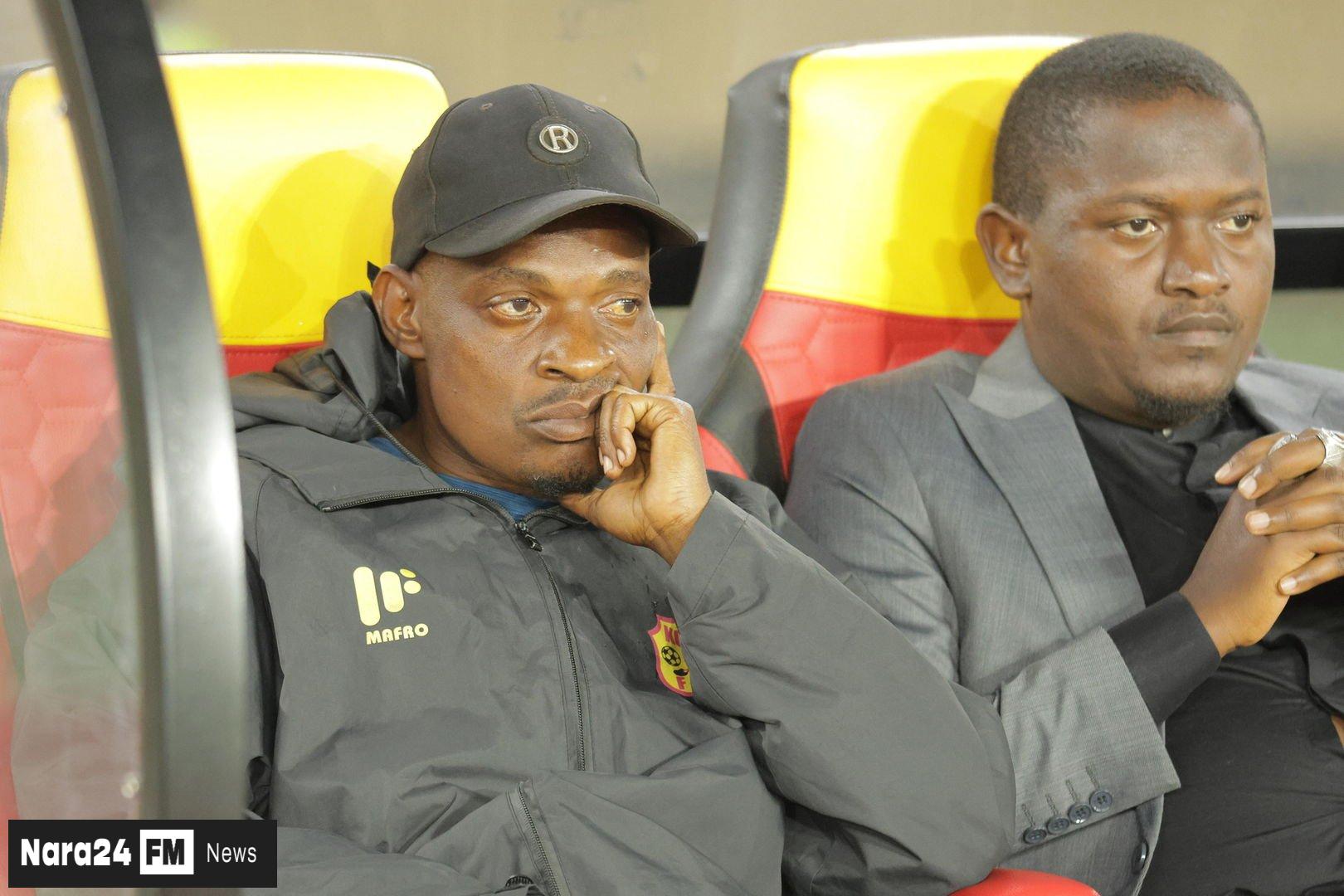A longstanding property dispute within Uganda's rugby fraternity has taken a dramatic turn, with Kampala Rugby Club (KRUFC) levying serious accusations against senior officials of the Uganda Rugby Union (URU). The club alleges that union officials attempted to extort $100,000 and an acre of land during the sale of its prime property on Sports Lane, Lugogo, valued at $1.6 million (approximately Shs6 billion). This controversy has not only led to the closure of the iconic Legends Rugby Grounds but also brought to light critical questions about power dynamics and ownership within the country's rugby establishment.
Background of the Dispute
KRUFC, a private limited company established in 1963, has maintained that the URU, formed in 1996, overstepped its authority by interfering in the club's property dealings. The URU's reported demand for a commission and land as a precondition for approving the sale was firmly rejected by KRUFC. The club's lawyers, M/s Simon Tendo Kabenge Advocates, emphasize that the URU's actions were "illegal, irrational, and beyond their powers," constituting contempt of court given the ongoing Commercial Court case (HCCS 139/2011) related to the transaction.
The URU's alleged retaliation included suspending KRUFC members in a "mob justice" manner during a special general meeting on September 11, 2012, and conducting what the lawyers describe as a "kangaroo court." These actions are said to have been driven by "malice, vindictiveness, and jealousy," further escalating the conflict.
Ownership and Governance Issues
Central to the dispute is the URU's purported claim of overarching control over all rugby-related activities and properties in Uganda. KRUFC vehemently contests this, asserting that the union's authority is limited to activities initiated and hosted by its members. The club's lawyers dismiss the notion of the URU's monopoly as a "fallacy," highlighting the distinction between the club's autonomous governance as a private entity and the union's regulatory role.
Future Plans and Legal Action
Undeterred by the controversy, KRUFC has secured 16 acres of land in Luzira, where it plans to develop a state-of-the-art multi-purpose sports complex. The project, aimed at enhancing Uganda's sports infrastructure, includes two 20,000-seater stadiums, modern gymnasiums, a medical clinic, a 5-star restaurant, and a world-class swimming pool. This strategic move underscores the club's commitment to advancing rugby and sports development in the country, independent of the URU's influence.
KRUFC's legal representatives have vowed to pursue all necessary steps to reverse the URU's alleged irregularities, seeking to restore integrity to the sport's governance. The statement concludes with a strong call for an end to "arbitrary action by union officials," emphasizing the need for adherence to legal frameworks and respect for institutional boundaries.
Broader Implications
This protracted dispute highlights deeper issues within Uganda's sports administration, particularly concerning transparency, accountability, and the delineation of powers between governing bodies and private entities. As the rugby community navigates this challenging period, the outcome is expected to set a precedent for sports governance, potentially influencing reforms that promote fairness and cooperation among stakeholders.
While the press statement does not address the involvement of the buyer, businessman Stanslas Isiagi, or the specifics of the $4 million deal that led to the Legends Rugby Grounds' closure, its primary focus remains on establishing a clear legal boundary between KRUFC's autonomy and the URU's purported overreach. The rugby fraternity and the broader public await the resolution of this contentious issue, hoping for a swift and just conclusion that prioritizes the sport's development over personal interests.








Comments (0)
Leave a Comment
Be the first to comment on this article!